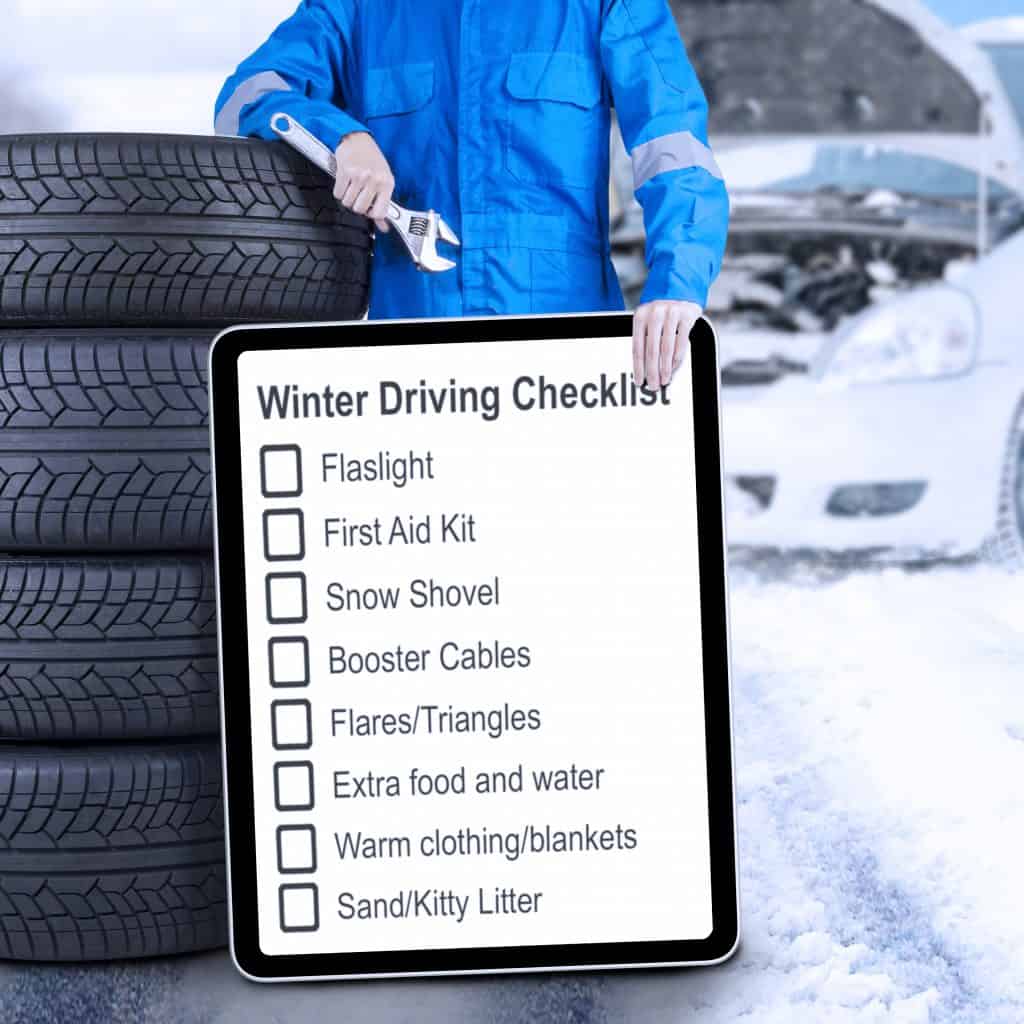You’ve most likely seen the change in the weather lately and you may even have found frost on the windshield or snow on the hood when you start your pre-trip inspection.
Winter brings its challenges for carriers and professional drivers. Preparation is key to ensuring you can operate safely and keep your commercial vehicle in safe working order. It is also important to prepare mentally for the winter season by thinking ahead.
A morning toolbox talk or a safety meeting are good times to talk about winter driving. Even though it happens every year, we still need reminding about winter road hazards, such as black ice, extra darkness, and snow. Before heading out, consider:
• Weather reports, especially when winter storms have happened or are likely
• Accident and traffic reports
• Fuel locations and rest locations in the area you will travel
• Road conditions and the extra time it will take to get from point A to point B safely
With the constant change in weather and road conditions during winter, carriers need to ensure each commercial vehicle is winter-ready to handle these changes. Components to inspect include:
• Tires– check the tread depth and overall condition to make sure they can handle the ice and snow
• Battery –make sure they keep a charge and have no loose connections
• Lights – confirm all lights are working to ensure your drivers can see and be seen
• Wipers/windshield fluid – confirm wipers and blades are in good working condition and the washer reservoir is filled with winter washer fluid
While there may be particular supplies individuals like to have on hand during winter, there are a few specific items that carriers should include in the vehicle supply list:
• Warm clothing and personal protective equipment. Be sure the reflective strips are clear of dirt and debris for visibility.
• Additional food and water in the event of a road closure or breakdown.
• Tow rope, shovel, and salt.
• Extra winter washer fluid and a snow brush/scraper.
• Tire chains.
Remember, between October 1 and April 30 vehicles over 11,794 kg are required to carry tire chains and those under 11,794 kg having to use winter tires or carry chains. commercial vehicles 11,794 kg LGVW and greater must carry steel chains on most major highways.
